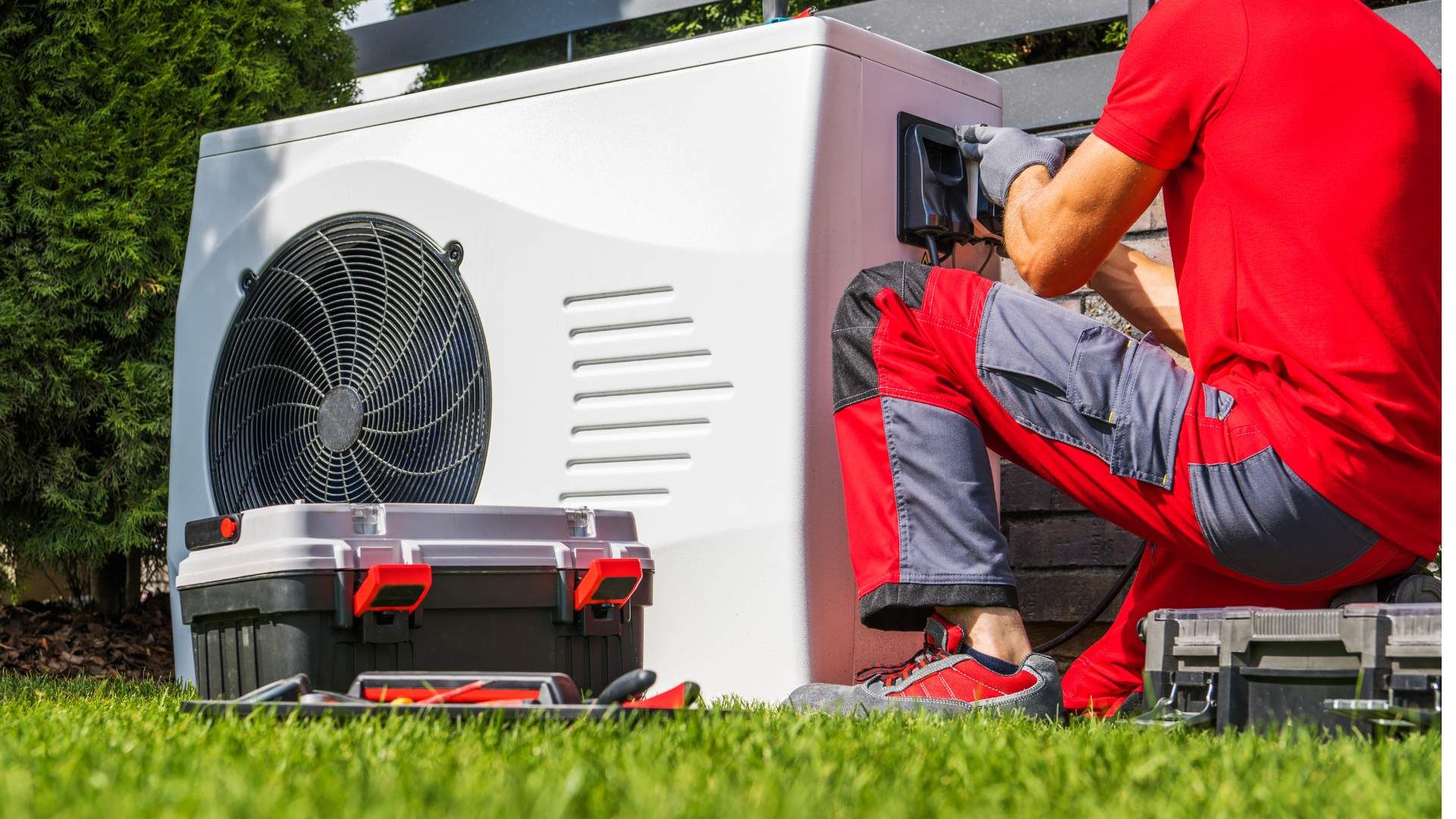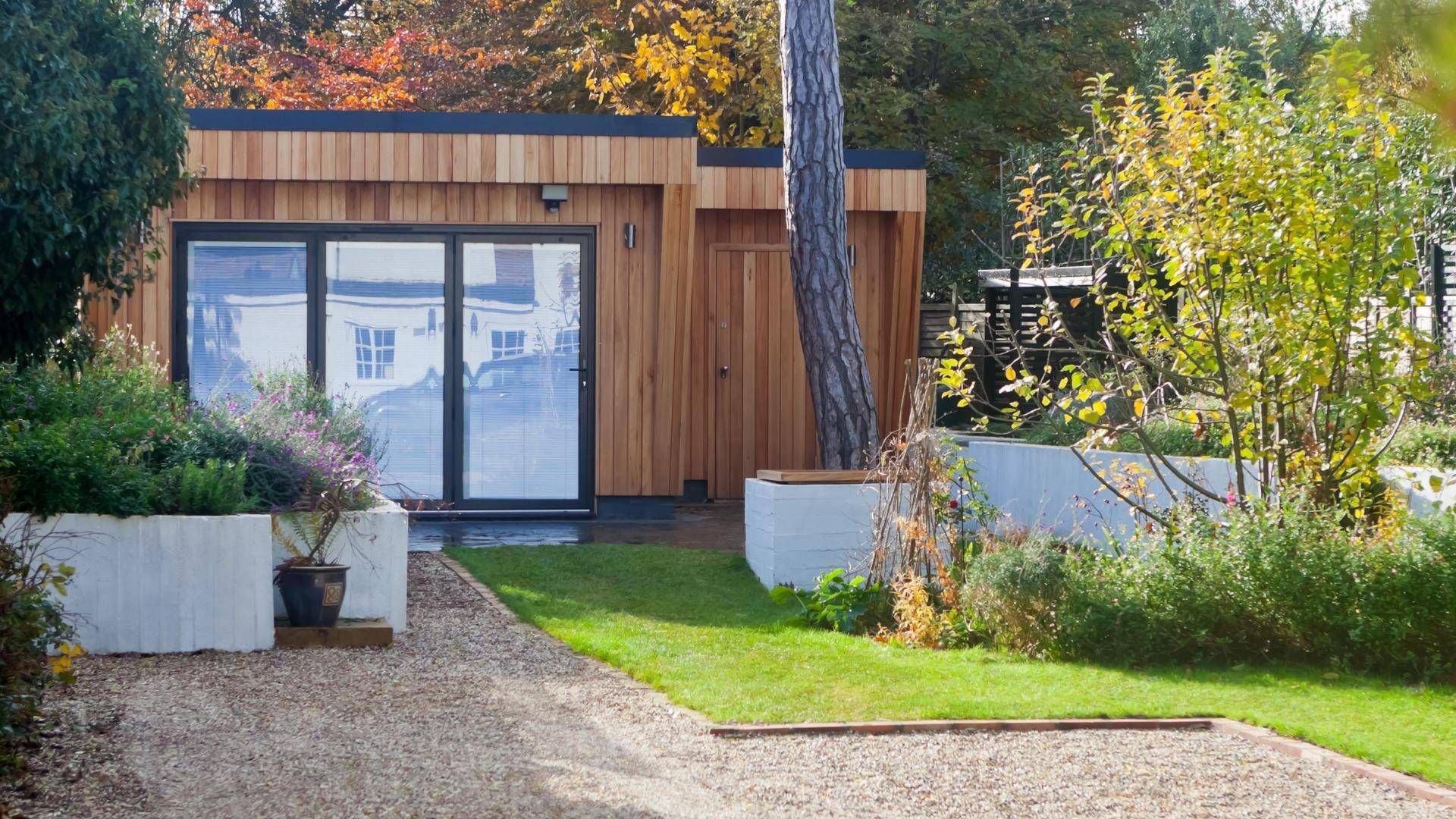
1. Q. Will a heat pump add value to my property?
A. Many of the improvements homeowners make can add value to a property and a heat pump is no different. Analysis by Scottish Power and WWF found that ground and air source heat pumps can increase a property’s value by up to 3%. Using figures from Nationwide’s June House Price Index, 3% of added value on the UK’s average home equates to £7,867.17.
Homeowners shouldn’t just measure the benefits of a heat pump in monetary value, as there’s no guarantee of profit. The £7,867.17 figure needs balancing with the cost of buying and installation. According to Which?, an air source heat pump will set homeowners back between £7,000 and £13,000.
2. Q. Will a heat pump help sell my home?
A. Anything that results in cheaper fuel bills and is kinder to the environment will hit the right note with buyers. An improved EPC rating has added advantages too. There is such a thing as a green mortgage, where preferential interest rates are given to those buying homes with an EPC of A and B, so purchasers will be looking for the best EPC ratings to secure lower monthly repayments. Landlords are also motivated by good EPC ratings as there is a legal requirement for all buy-to-let properties to have an EPC of at least an E – thought to be rising to a C for all private rentals by 2028.
3. Q. What documents will I need when selling a property with a heat pump?
A. A heat pump installer must follow a Government-prescribed registration and installation process – failure to do so will be uncovered in the conveyancing process, possibly complicating and delaying the sale. The pump owner should have a user manual and a servicing log book. These two items, together with the following certification, must be made available to the seller’s solicitor.
Upon installation, the heat pump owner should be given a building regulations completion certificate or if the contractor is registered with a Competent Persons Scheme, they must provide a certificate from the competent persons scheme operator. If the contractor is MCS certified, they must provide a MCS Certificate and Heat Pump Handover Pack. If the contractor is TrustMark registered and accessing certain energy efficiency schemes, a TrustMark certificate must be provided. If the contractor is certified to any other certification scheme, the required documentation for that scheme should be provided. It’s also pertinent to ensure the installer has notified the Distribution Network Operator (DNO) of the heat pump’s installation.
4. Q. Will a heat pump reduce energy bills?
A. While air source heat pumps in residential settings are gaining in popularity, the vast majority of homes still rely on gas boilers. As a result, the research into how much money an average household will save on energy bills by switching to an air source heat pump is limited. Information published by Green Match does, however, suggest air source heat pump owners will save as much as £780 annually.
5. Q. Does a heat pump need planning permission?
A. The majority of heat pumps will not need planning permission as they fall within the remit of ‘permitted developments’. There are exceptions, however. Recently the lead singer of Blur had to retrospectively apply for planning permission for a large heat pump, as it was cited next to a public footpath in an Area of Outstanding Natural Beauty.
Planning permission for a heat pump may also be needed if the property is listed, or if the home is within a Conservation Area or World Heritage Site. Always consult with your local authority with regards to any planning permission required, as the permitted criteria differs across England, Northern Ireland, Scotland and Wales.
6. Q. Is there any financial assistance to help buy and install a heat pump?
A. As a heat pump can cut your home’s carbon emissions by as much as 90% and improve your EPC rating, it’s in all our best interests to embrace more energy efficient ways of heating our home.
The Government is running a Boiler Upgrade Scheme for those living in England and Wales. A grant of up to £5,000 for an air source heat pump and up to £6,000 for a ground source heat pump is currently available. In Scotland, homeowners can apply for an interest-free loan or grant to help with eco improvements, while there is a grant available in Northern Ireland to help people replace old boilers.
Organisations outside of the Government are also helping homeowners make the switch to more energy efficient heating systems. Octopus Energy has teamed up with MBNA to offer its customers a loan to help pay for a heat pump. It will also apply for the Government’s heat pump installation discount on the homeowner’s behalf, resulting in the customer needing to borrow a smaller amount of money.
Barclays has also just extended its Greener Homes Reward Scheme. Those with a Barclays mortgage can apply for a cash gift of up to £2,000 to put towards a range of energy efficient measures, including air source heat pumps, improved insulation and solar energy solutions.
Our team is on hand should you wish to discuss your next property move, and how EPC ratings may influence the buying and selling process.
Share this article
More Articles
Sign up for our newsletter
Subscribe to receive the latest property market information to your inbox, full of market knowledge and tips for your home.
You may unsubscribe at any time. See our Privacy Policy.




